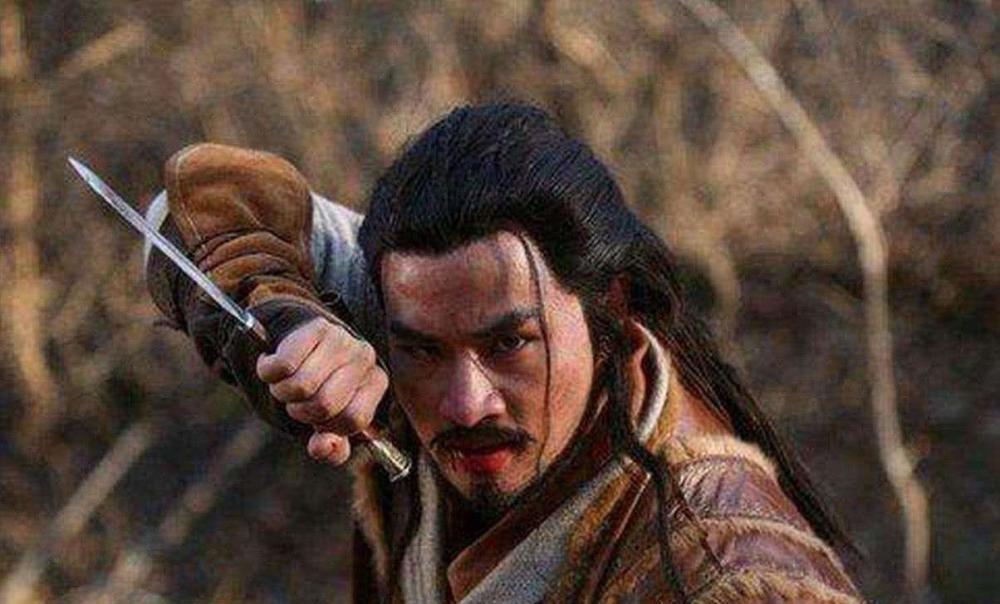
From the beginning of Qin Shi Huang, feudal dynasties appeared in history. That is to say, from the beginning of the Qin Dynasty, almost all the dynasties and dynasties have never stopped wars. In the five thousand years of China, there are only a few peaceful and prosperous worlds. Most dynasties in history were established by war, whether it was a unified dynasty or a regime established by ethnic minorities, it was established through war.
After the establishment of the Qin Dynasty, feudal dynasties existed. The founding emperors of successive dynasties have been based on great unification. However, in the past dynasties, since the Tang Dynasty, it has given people a feeling that the combat effectiveness of the Han people after the Tang Dynasty has greatly declined. It is not unreasonable to say so. After the Tang Dynasty, minority regimes began to emerge continuously.
Before the Tang Dynasty, ethnic minorities also established political power, but the regime established by these ethnic minorities only existed for a "moment". It is worth affirming that after the Tang Dynasty, the combat effectiveness of the Han people has not weakened. So the combat effectiveness of the Han people has not weakened, so why do ethnic minority regimes continue to emerge? This is the gradual strengthening of centralization.
After the Tang Dynasty, the Central Plains experienced four dynasties, of which these four dynasties were the most important. They were the four dynasties of Song, Yuan, Ming and Qing, and the Yuan and Qing dynasties were dynasties established by nomadic peoples. Both the Song dynasty and the Ming Dynasty produced the same situation, that is, the problem of the nomadic people in the north was never solved. Thus, at the end of the Song and Ming dynasties, the nomads saw an opportunity.
In the early Ming Dynasty, the nomadic people in the north were very concerned. At that time, although the Ming Dynasty did not die directly from the Later Jin, the Southern Ming was defeated by the Qing Dynasty. Without the Qing Dynasty, at least the Southern Ming Dynasty would have been able to sustain itself for more than a hundred years. Comparatively speaking, the Song Dynasty was a dynasty that revered literature and suppressed martial arts, and in this dynasty, civil officials were very popular.
From the song and ming dynasties, the attitude of the two dynasties towards the nomadic people was far from reaching the heights of the Han and Tang dynasties. So why did the Central Plains Dynasty have such a situation since the Tang Dynasty? The fundamental reason is that the centralization of power in dynasties has been continuously strengthened. Before the Song Dynasty, that is, during the Tang Dynasty, there was a phenomenon of the division of feudal towns.
At this time, Jiedu made the soldiers self-respecting, which made zhao Kuangyin, the founding emperor of the Song Dynasty, very concerned about military power. After the establishment of the Song Dynasty, Zhao Kuangyin implemented the policy of firmly controlling the army. The first is to classify most of the country's army as a forbidden army and directly control it by the central authorities; second, it regularly rotates generals.
In such a situation, soldiers and generals are unfamiliar. Typically, very few generals are in a position of office for a long time. This prevented the military generals from joining forces with the soldiers against the imperial court. The frequent movement of generals and troops has led to insufficient training in peacetime, and equipment updates often cannot keep up. In this way, the combat effectiveness of soldiers will definitely decline.
The training of the army is definitely systematic, and the frequent transfer of military generals will have a great impact on the training of soldiers. This directly affects the contact between the military general and the soldier. Generals are frequently transferred, and often a general arrives at a unit and is transferred away just after getting familiar with the situation of the unit. Secondly, the general has just become familiar with the army, and in such a situation, the general is sure that the combat effectiveness of the army will decline.
More importantly, the frequent replacement of military generals will also have an impact on the command of the front. After the Song Dynasty, the status of civil officials in the imperial court continued to rise. Even more incredibly, civilian officials could even command a war. You can imagine how childish a rookie can be in command when facing an old bird.
Because the generals of specific operations often change troops, this will lead to two problems, one is that the troops are not familiar with him, and on the other hand, the orders of the troops to the generals are difficult to implement because they are not familiar with them. The consequence of this is that the combat effectiveness of the troops is greatly reduced. The nomadic armies in the north are basically beaten, and the soldiers are also brought out by the generals for a long time.
The Song Dynasty and the Ming Dynasty strengthened the centralization of power, especially military power, because of the unprecedented strengthening of the central power, and the emergence of the King of the Domain during the Ming Dynasty, which directly allowed the King of the Domain to control the troops. A dynasty is often in the early stages because the emperor is through a long period of war, in such a situation, soldiers and many generals have also gone through a long war, so the combat effectiveness is very strong. Thus the combat effectiveness is strong.